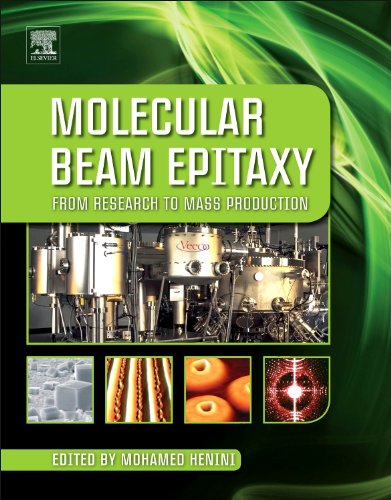

Most ebook files are in PDF format, so you can easily read them using various software such as Foxit Reader or directly on the Google Chrome browser.
Some ebook files are released by publishers in other formats such as .awz, .mobi, .epub, .fb2, etc. You may need to install specific software to read these formats on mobile/PC, such as Calibre.
Please read the tutorial at this link: https://ebookbell.com/faq
We offer FREE conversion to the popular formats you request; however, this may take some time. Therefore, right after payment, please email us, and we will try to provide the service as quickly as possible.
For some exceptional file formats or broken links (if any), please refrain from opening any disputes. Instead, email us first, and we will try to assist within a maximum of 6 hours.
EbookBell Team

4.4
92 reviewsThis multi-contributor handbook discusses Molecular Beam Epitaxy (MBE), an epitaxial deposition technique which involves laying down layers of materials with atomic thicknesses on to substrates. It summarizes MBE research and application in epitaxial growth with close discussion and a 'how to' on processing molecular or atomic beams that occur on a surface of a heated crystalline substrate in a vacuum.
MBE has expanded in importance over the past thirty years (in terms of unique authors, papers and conferences) from a pure research domain into commercial applications (prototype device structures and more at the advanced research stage). MBE is important because it enables new device phenomena and facilitates the production of multiple layered structures with extremely fine dimensional and compositional control. The techniques can be deployed wherever precise thin-film devices with enhanced and unique properties for computing, optics or photonics are required. This book covers the advances made by MBE both in research and mass production of electronic and optoelectronic devices. It includes new semiconductor materials, new device structures which are commercially available, and many more which are at the advanced research stage.